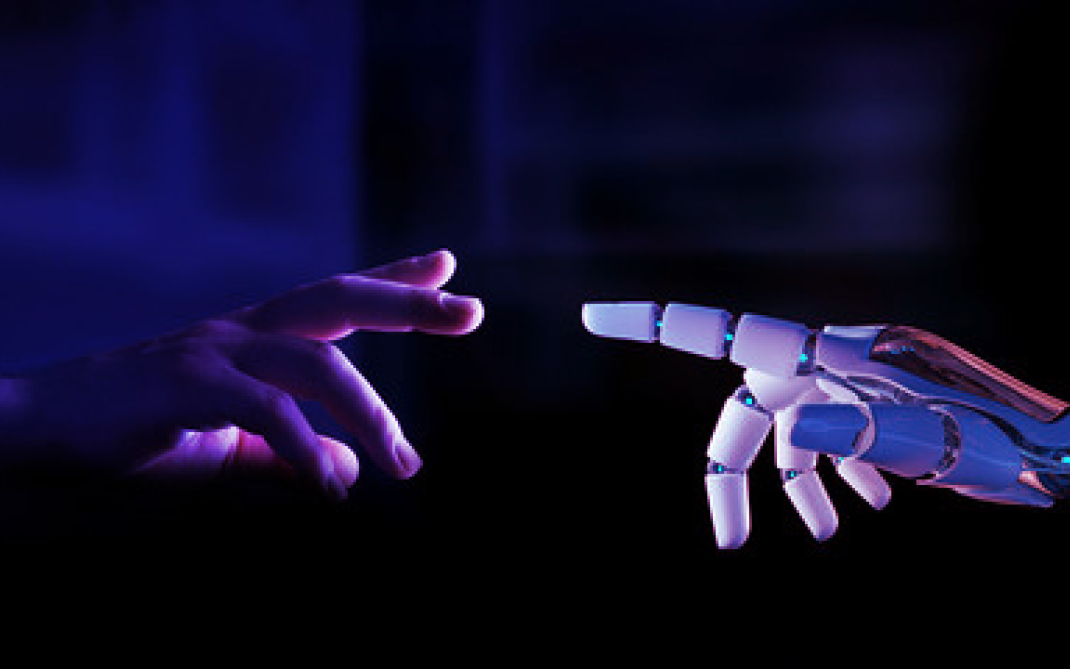If humans had not developed this ability, we would probably not be able to acquire the knowledge that has allowed us to conceive all the technology we have created since we learned to speak. And without this technology, we would not have been able to evolve and build such an advanced society as the current one.
During the last decades, technology has evolved exponentially, generating an impact on our lives significantly greater than any technological discovery could have had in the past. And it is precisely this technological growth that is causing language to become less important in the educational field, when language is what has allowed us to create technology. This is something that should surely make us stop and think.
Talking to machines
The discipline that studies the structure, meaning, and evolution of our language is linguistics, and the role it is going to play in the coming years is going to remain fundamental, although some may think otherwise. Professionals experts in this discipline are being increasingly demanded by the job market.
Why? Because human language distinguishes us not only from animals, but also from machines. In order for machines to understand us, we need to be able to translate our human language into the language they speak, one composed of zeros and ones, which has nothing to do with ours.
This is one of the greatest technological challenges we have currently, and it will be one of the fields of research that will have the greatest growth in the coming years. For a voice assistant, like Siri, to be able to understand what we want to say and give us a coherent response, it needs to understand how the structure of our language works and the meaning that each word has within a sentence.
Computational Linguistics
Computational Linguists are the ones doing this work, and companies like Amazon, Google, or Apple, plan to hire a large number of these experts in the coming years.
Although it is not necessary for us to go that far to find experts in this area. In Spain, we have great professionals specialized in the field of Computational Linguistics. One of them is Sinuhé Arroyo, founder of Taiger, a Spanish company dedicated to the development of semantic technology within the field of business management and customer service. The company already has more than 100 employees spread across its offices in Madrid, New York, Singapore, Sydney, and Hong Kong. Among them is Cristina Aranda, Bachelor of Hispanic Philology and Doctor of Theoretical Linguistics, a clear example that sciences and humanities are not incompatible, on the contrary.
In the academic field, some universities have already begun to offer specific training in this new field. The Complutense University of Madrid has a track in Computational Linguistics within its Bachelor's Degree in Linguistics and Applied Languages. While Pompeu Fabra University has a Bachelor's Degree in Applied Languages oriented towards the development of computer applications.
So the next time you wonder what sense it makes to learn to perform syntactic or morphological analysis of subordinate and juxtaposed sentences, remember the importance that language has had in our past and the demand for Computational Linguists that there will be in the future job market.
